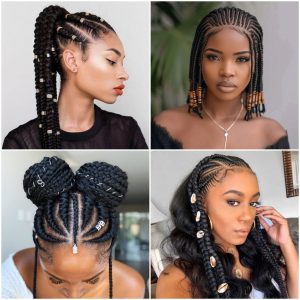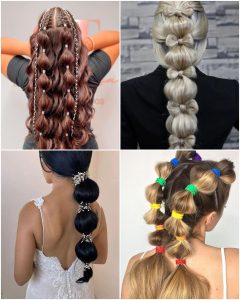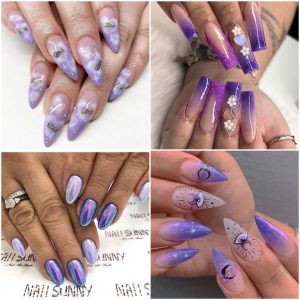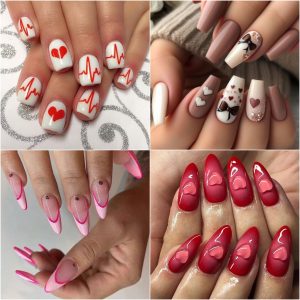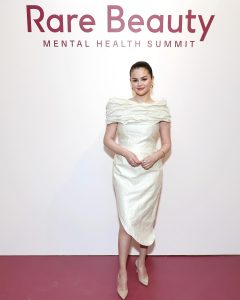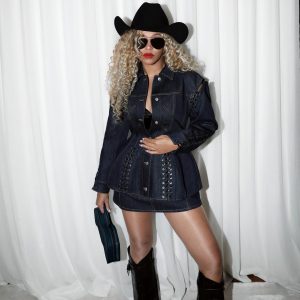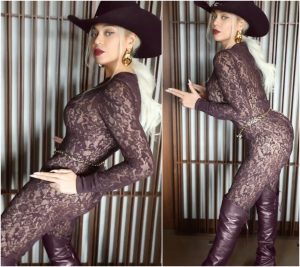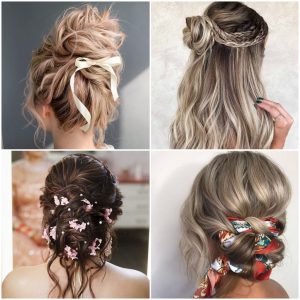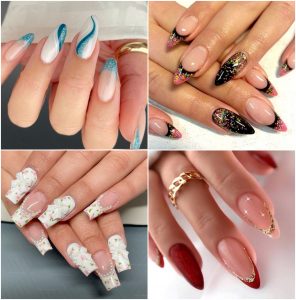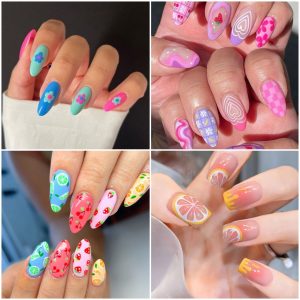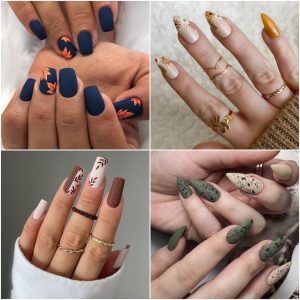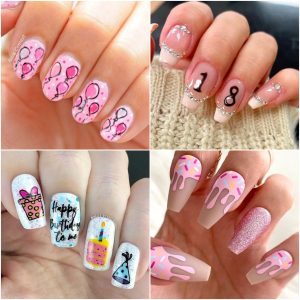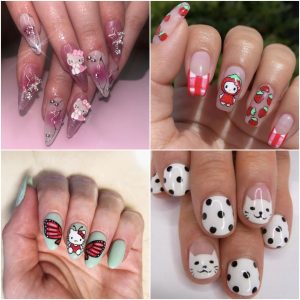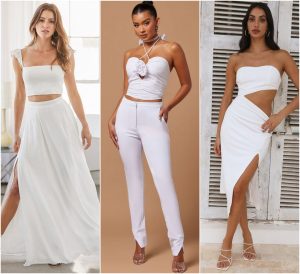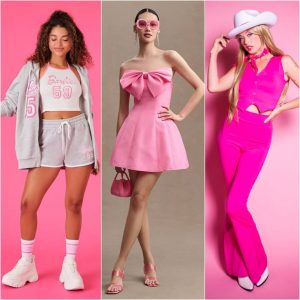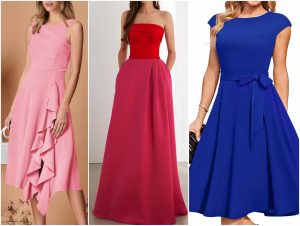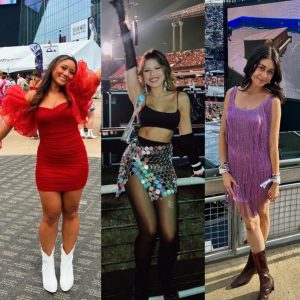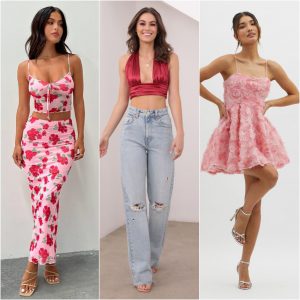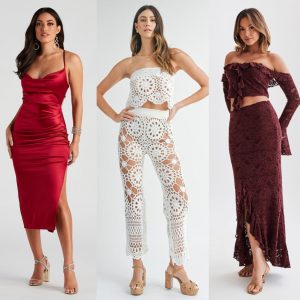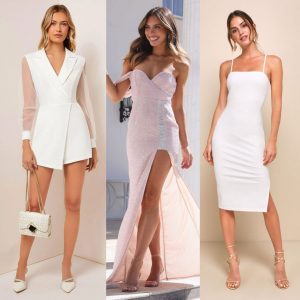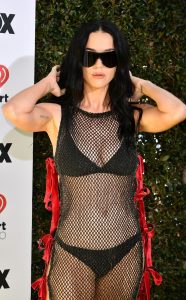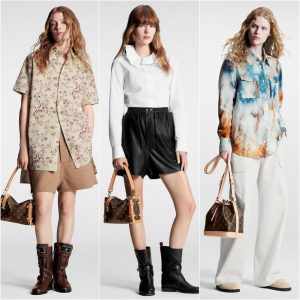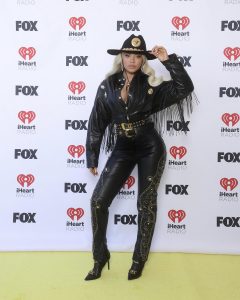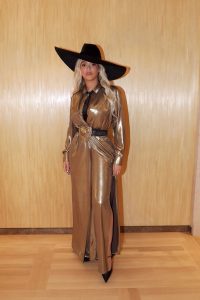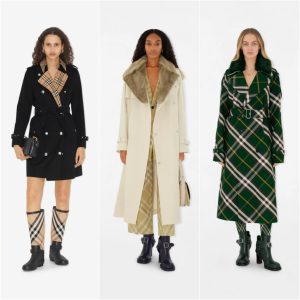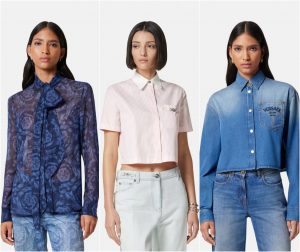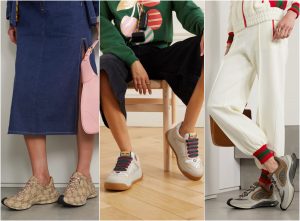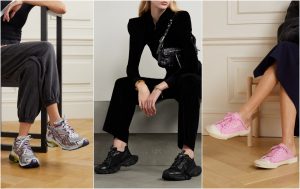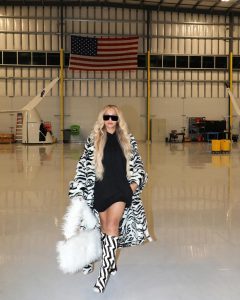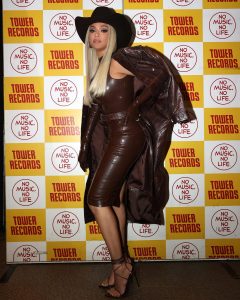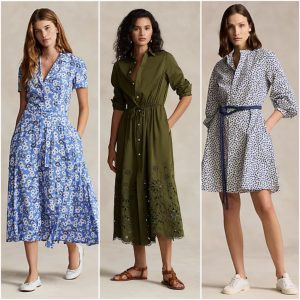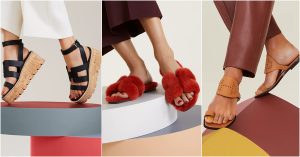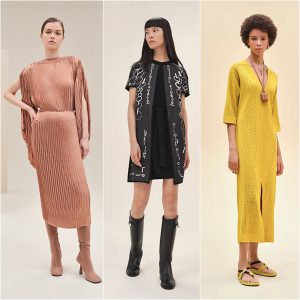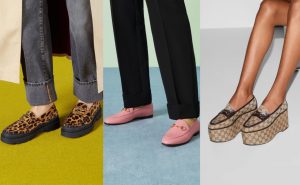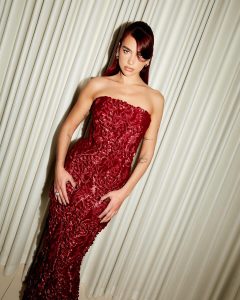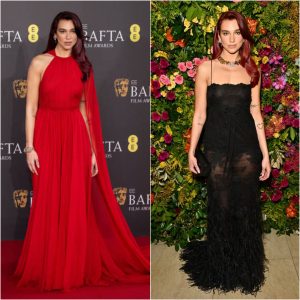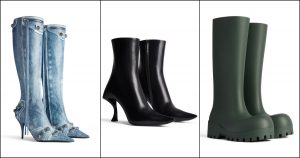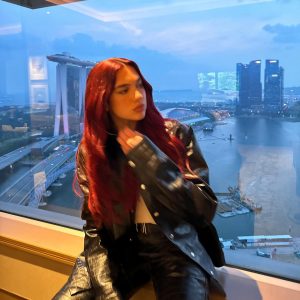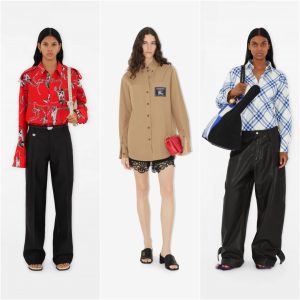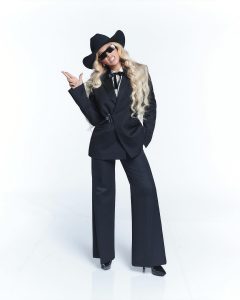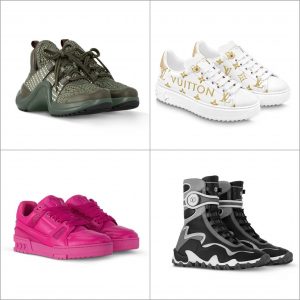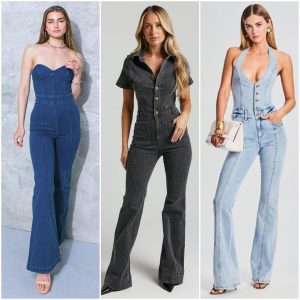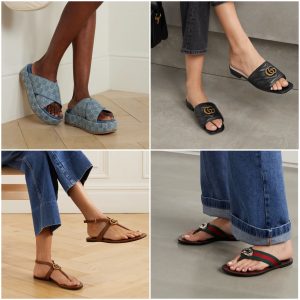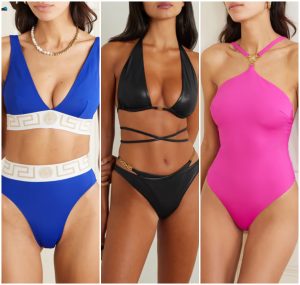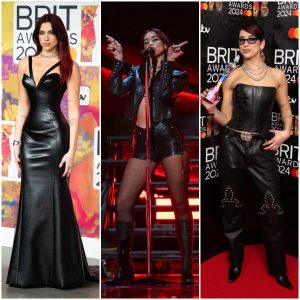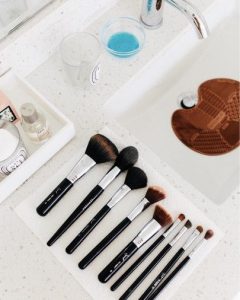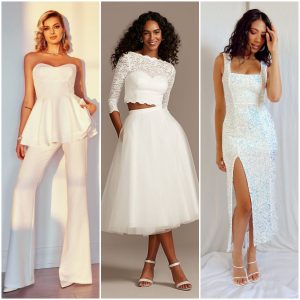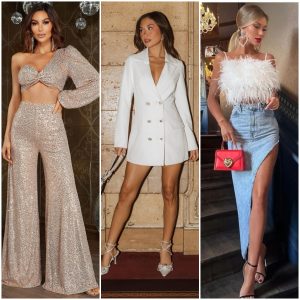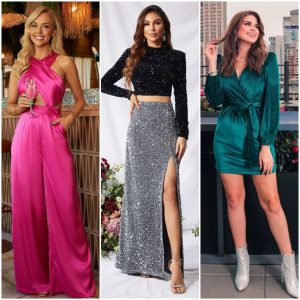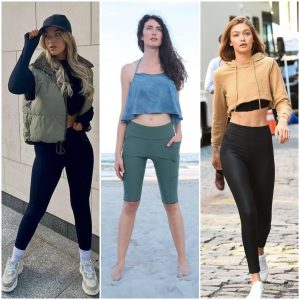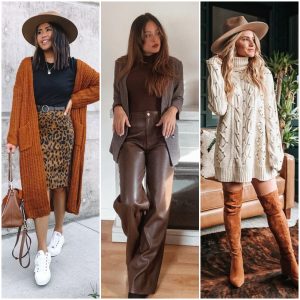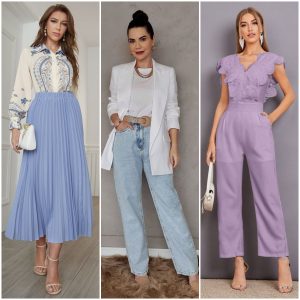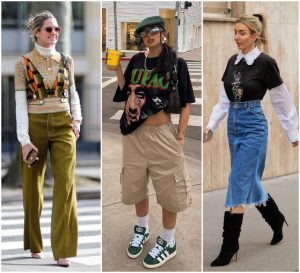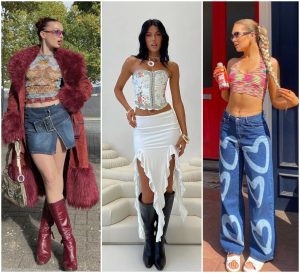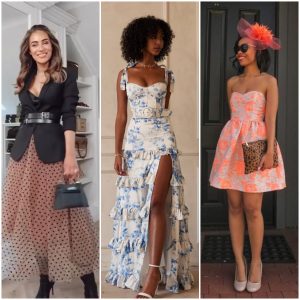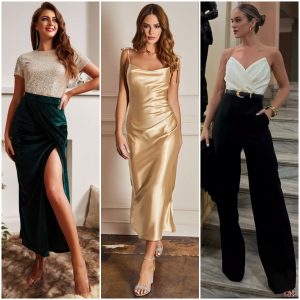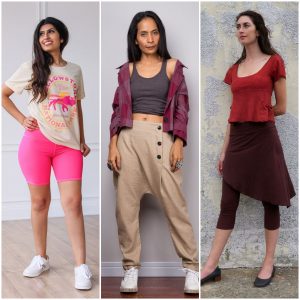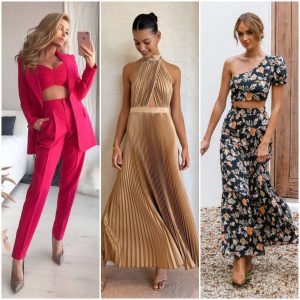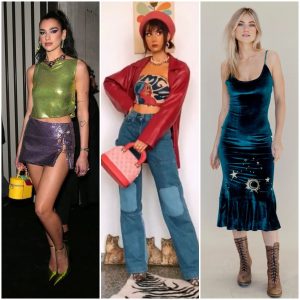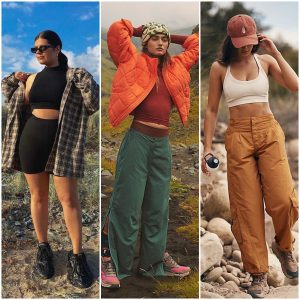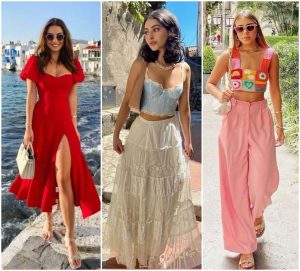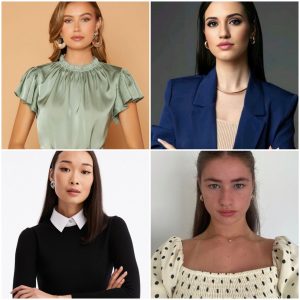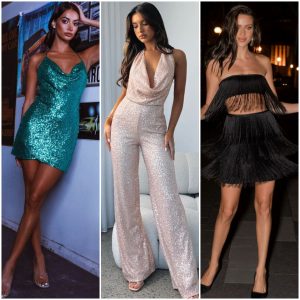
It’s finally the day of your big interview. You’ve just spent a whole week holed up in your bedroom practicing, researching, and interviewing all of your friends for their feedback and advice. You know you’re amazing. So why do you still feel like a nervous wreck?
One major reason is that it’s tough to look at yourself from an outside perspective, especially regarding how you dress. You spent so much time spinning in circles and ensuring that your outfit was just right. But what if you could see yourself from the outside? How would you look?
Your dressing on the big day is crucial and needs to be tailored to the job you are interviewing for. When interviewing for a sales position, wearing a business dress or suit is best. Make sure that your clothing is professional and well-tailored. How do you know if a dress is well-tailored? Here is a guide on how to dress for an interview.
Below are steps that will help you choose the right attire for an interview.
The goal of dressing appropriately for an interview is to look professional but not overly formal. As a general rule, the more conservative your work field is, the more formal clothes you will wear to an interview. Also, don’t forget to consider your level in the company and the particular industry you are applying for. If you are applying for a high-paying banking job, it’s obvious that you can’t walk in wearing ripped jeans and a t-shirt.
Another rule is that you should prioritize feeling confident and comfortable. If you don’t feel confident wearing a very neutral outfit, you may have to turn back. If the attire you have worn is restricting movement or irritating your skin, consider changing it.
Also, ensure that your outfit doesn’t distract the interviewer from focusing on your interview answers. You wouldn’t want a combination of a flashy tie and an outdated blazer to distract the interviewer from listening to your responses. You must practice walking in your dress and demonstrate how well you can handle difficult situations when dressed like this. Also, iron it to ensure it is wrinkle-free.
Each company has a particular dressing code. So, before applying for a job, research the company’s dress code to ensure that you are dressed appropriately. Some companies don’t have strict dress codes and allow you to wear whatever you like. In such cases, calling and asking about their clothing preferences is better before attending the interview.
For example, if you are interviewing for a job at a bank, you will most likely dress in formal business attire. However, if the job opening is for a marketing agency, graphic design, or sales position, you can wear fashionable and trendy clothes.
Many factors affect your choice of clothing when attending an interview. However, the most critical aspect is the location of the interview. Your choice of clothing has to be practical and well-tailored to ensure results.
For instance, if you are interviewing for a job at an outdoor retail store, it’s best to wear a pair of khaki pants, a collared shirt, and an appropriate pair of shoes. If the job is for an administrative position in an office building, you may want to wear slacks with a collared shirt. If you are interviewing for a creative position in the fashion industry, it’s best to wear clothes that identify you as fashionable and up-to-date.
If the interview is taking place online, you can wear anything appropriate for an interview. However, if the job requires you to visit the workplace, it’s best to wear an outfit suitable for an interview in a traditional office.
Along with the location of the interview, your choice of attire color is also critical when dressing for an interview. Every color affects an interviewer, and your chances of getting hired are increased if you choose the right color.
For example, bright colors such as red and purple may be too flashy for an office job and distract the interviewer from focusing on your answers. However, donning a bold combination is not a bad idea if you are applying to a creative position. But remember, the color of your clothing should be appropriate and compliment your skin tone. You wouldn’t want to wear a bright yellow shirt and black tie to a job interview because it would clash with your skin. Wearing a red tie with an orange shirt may also be counter-intuitive because it would draw attention away.
Accessories can help boost your appearance and catch the attention of the interviewer. For example, an official suit is best if you are interviewing in an office. Similarly, if your interview is in a calm and quiet room, you may want to avoid wearing flashy accessories.
One accessory that is always recommended for job interviews is a pocket square. It adds an important finishing touch to any outfit and makes you look professional and polished. If your interview occurs in a casual environment, it’s best to wear casual accessories such as cuff links or necklaces.
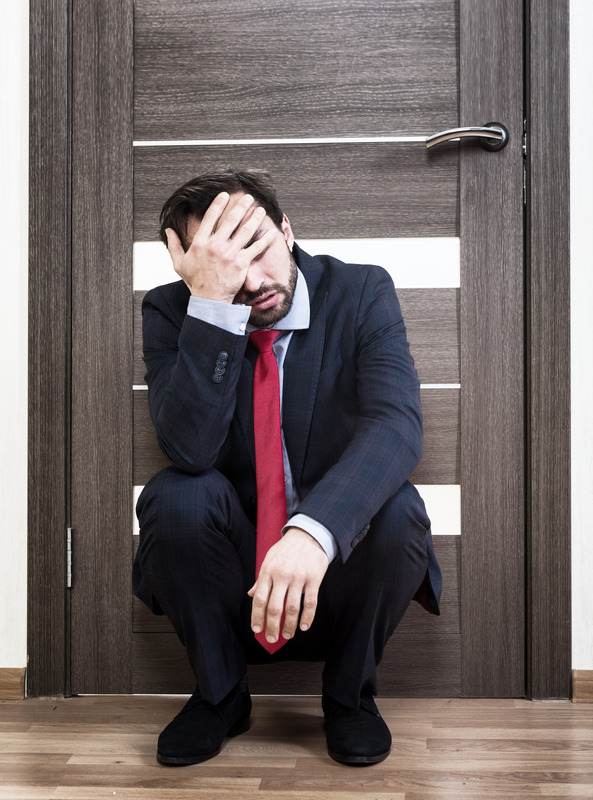
While accessories such as necklaces, bracelets, and sneakers can help compliment your attire, they can also distract the interviewer’s attention. For example, if you are interviewing for a bank job, you may want to avoid wearing too much jewelry such as hoops or dangling earrings because it will draw your attention away from you.
Just like jewelry, exposing too much of your skin is not recommended during an interview because it can distract the interviewer. It also makes you seem unprofessional and too casual, which is not a good impression to create if you want to get a job in an office environment.
While using a bit of cologne or perfume is acceptable and may even help you feel more confident, using too much of it can cause serious problems in an interview.
For example, if you are attending an interview for a public relations position where you need to stay in close contact with clients and be able to speak with people at different events, then wearing a strong cologne can be problematic. Similarly, if you’re applying for a job in an office environment and you need to stay in close contact with the employees, then using strong perfume can be irritating.
No matter how relaxed you may feel when interviewing and wearing your casual attire, it’s still important to dress professionally. Sports shoes are not appropriate for interviews because they make you seem unprofessional. In addition to this, flip-flops are also not compatible with formal attire as they can be easily damaged and may make your feet look dirty.
You should also avoid wearing restrictive or uncomfortable garments because they can be distracting. For instance, if your interview is in a relaxed environment, wearing a stiff collar and tie may cause you to feel restricted while interviewing. Similarly, sitting at the back of the chair with your legs crossed is also not recommended.
You should always dress professionally when attending an interview, but you don’t want to dress in a way that makes you appear too uncomfortable or casual. This is because if you do not look at all professional and comfortable during the interview, it may hurt your chances of getting hired. For example, if you’re interviewing for a job in an office environment and wearing clothing that is too casual and too loose, it will not help you create a professional image. Instead, you want to show that the work environment suits your style.
Each job location and industry will have specific requirements for appropriate attire. If you’re applying for a job in an office environment, you should wear a formal business suit. Similarly, if the organization is a family-oriented company and casual attire is acceptable, it’s best to wear casual pants and a shirt that fits the company’s style
While a casual outfit is OK for an interview in an office, you should avoid wearing clothing with writing or pictures. This is because it makes you seem unprofessional and can distract the interviewer. For example, a graphic t-shirt or shirt may make you look like a kid instead of an adult.
Dressing well for an interview is just as important as having the right answers to the interview questions. Unfortunately, most people focus more on the answers and forget the importance of dressing for success. The truth is that if you don’t look professional and polished, the interviewer won’t think you are suitable for the job.












